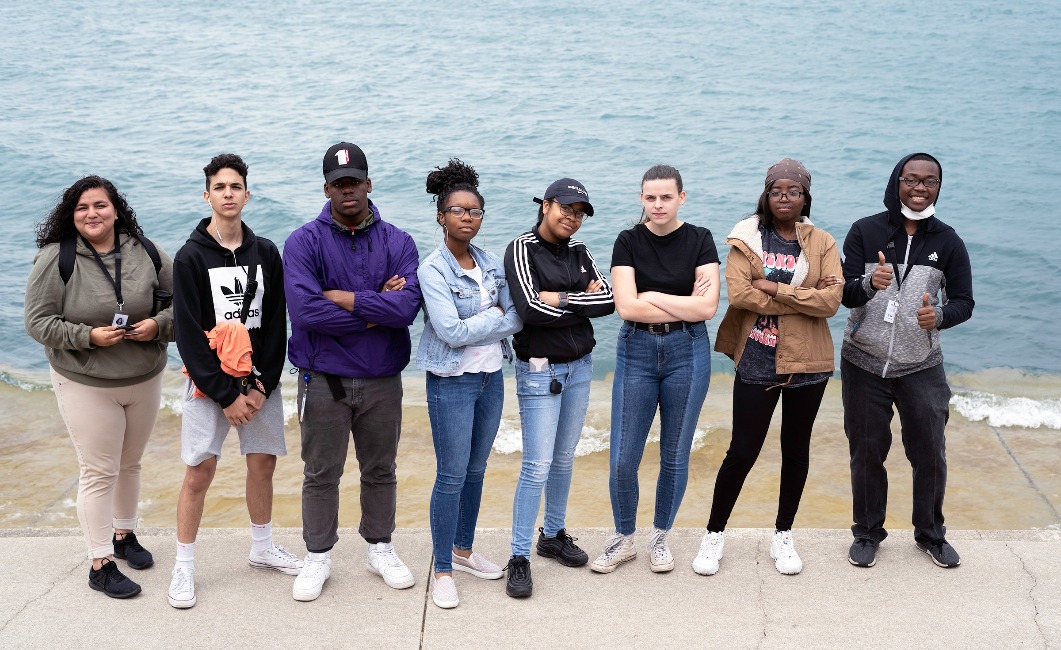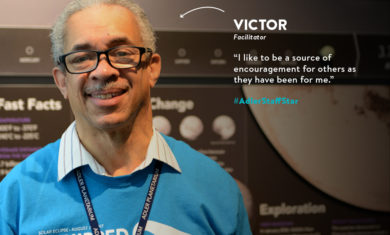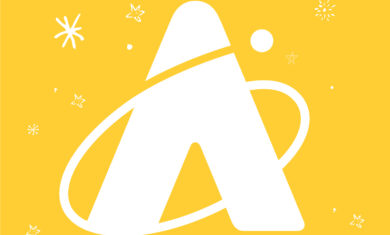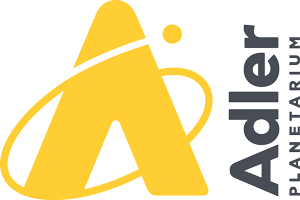Chicago Teens Find Safe Space at the Adler

Life as a teenager in Chicago can simultaneously be one of the most exciting and isolating things in the world. With public transportation and a host of cultural and academic institutions throughout the city, it’s easy to feel like the world is at your fingertips, but oftentimes there’s something missing: teen-friendly spaces.
(Add on to that the common stress of social injustices and a sense that no one is listening, and it’s easy to understand why teens in our age range can often feel unwelcome.)
Luckily, the Adler community is ahead of the pack, providing a variety of teen programs and spaces for teens to be unapologetically themselves. One of these programs is the Youth Leadership Council (YLC). Existing as a bridge between youth and Adler staff, YLC aims to give teens a seat at the table and provide them with a sense of agency.
In a conversation with the YLC staff sponsor l o t i, she described YLC as a “balanced, equal partnership between adults and young people. Teens and adults both have a lot to contribute, but we all have a lot to learn.” What better way to learn from each other than through direct collaboration?
While YLC is an advocacy program in a STEM centered institution, l o t i takes care to note it is not a STEM centered program; it is about providing space for young people to have access to STEM in a sustainable way.
A YLC alumnus, Cortland, finds this work important because he has noticed a stigma attached to Adler and STEM institutions within his network.
“No teens in my network saw the Adler as a place where teens could go and experience something new.”
While Cortland has a direct connection to Adler which allows him to be involved in the community, his main priority is engaging with teens and groups beyond the scope of the Adler community. Previous cohorts have focused on making space for teens at Adler and building connections with other local institutions such as the DuSable Museum and Chicago Public Library’s YOUmedia.
This year, YLC will continue these partnerships but pivot to focus more on activism and advocacy.
“In the past, we’ve focused on making space, but what does making space mean in comparison to being inclusive?” l o t i poses as she explains her desire for YLC to be more active in promoting accessibility and “obvious systemic change.”
In a climate where “accessibility” and “inclusion” are often used as buzzwords with little backing behind them, it is easy for teens to become poster children for disillusioned youth, but in the case of YLC and the whole Adler community behind them, it is clear that these teens are not only being welcomed, they are being empowered as agents of change to make an actual difference.






